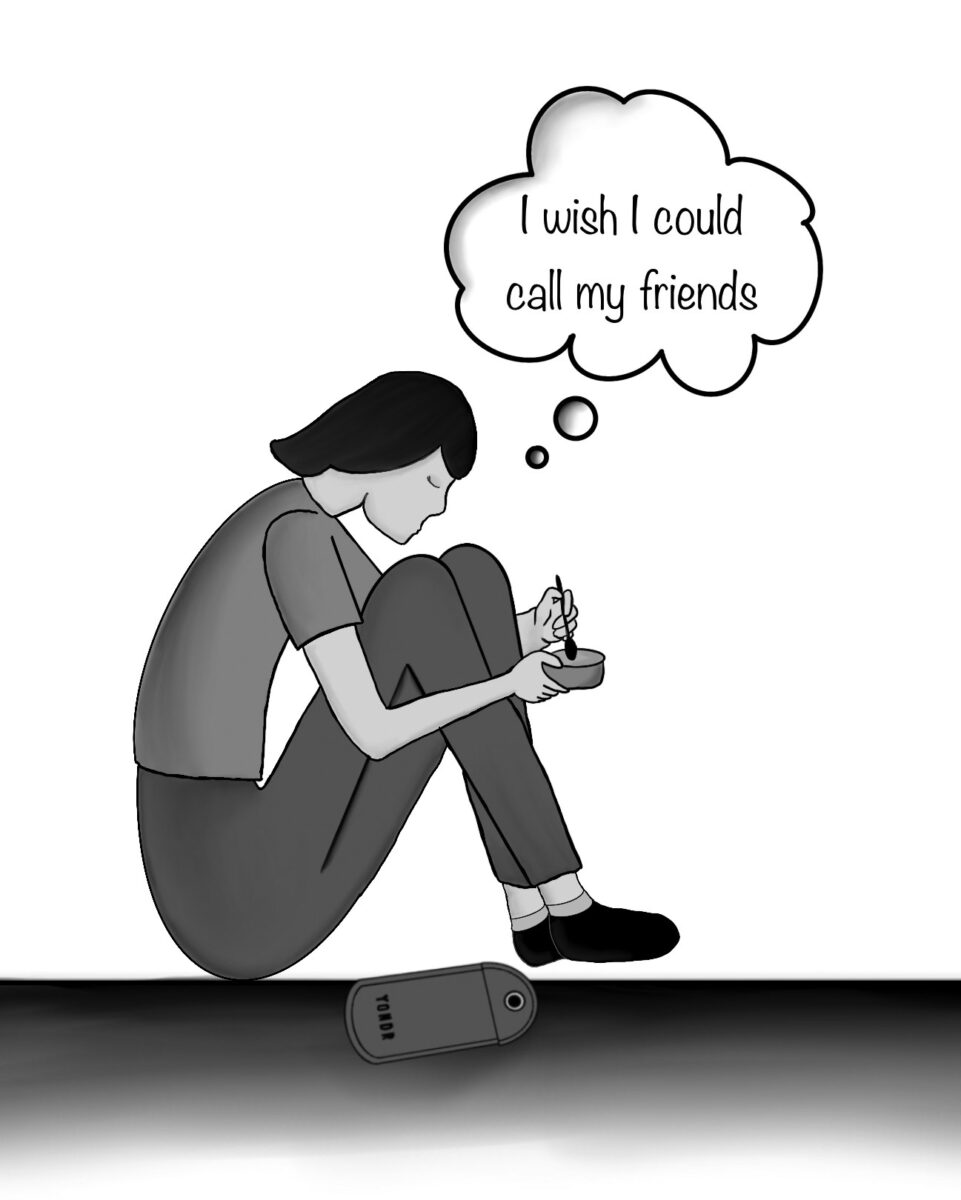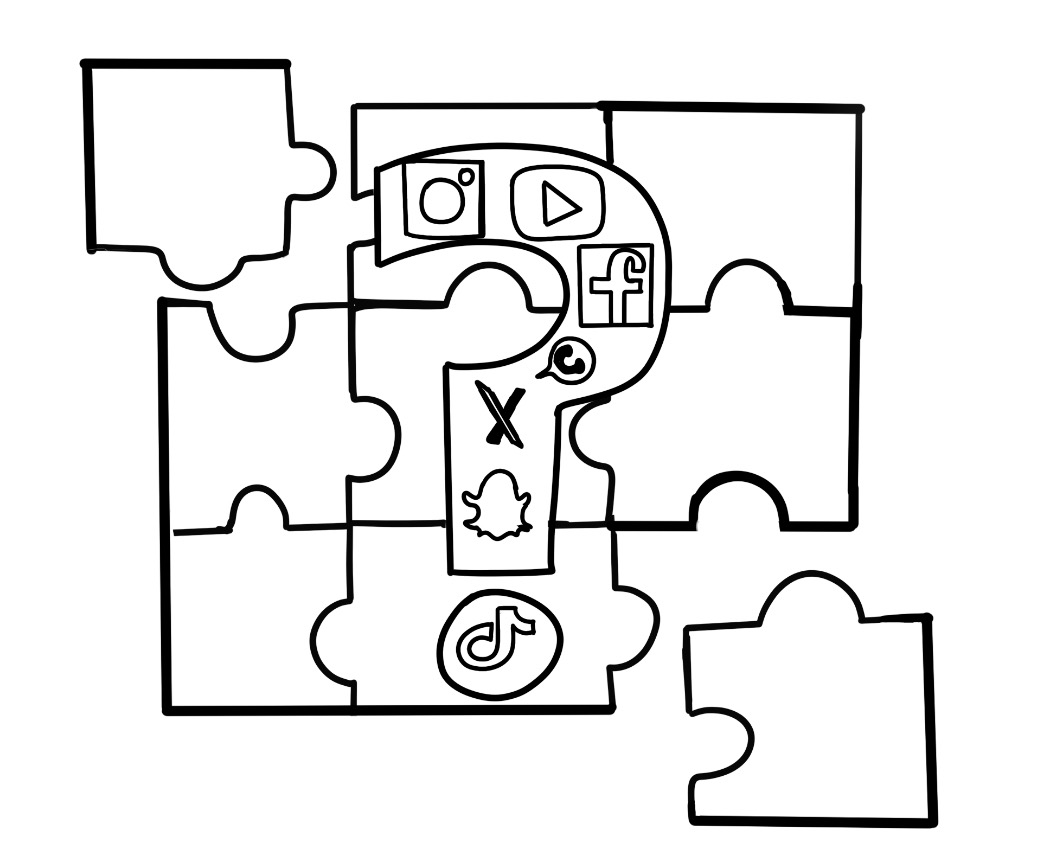“The body is not designed to play football,” said NFL Hall of Famer Joe Namath in a recent interview.

And so resumed the discussion — stirred by someone with as much experience in the game as anyone — of whether our physical abilities are still able to meet what is required from us in competitive sports.
Namath’s statement was a response to the recent controversy within the National Football League community last week, when fans were left reeling after Kansas City Chiefs’ linebacker Jovan Belcher murdered his girlfriend, Kassandra Perkins, before committing suicide in front of the Chiefs’ coach and GM.
Soon after his death, it came out that Belcher might have been suffering from chronic traumatic encephalopathy, a degenerative disease caused by repeated blows to the head.
This issue, the article “Injured athletes play on” details the realities of student-athletes playing through injuries despite the risk of physical pain or prolonged injury.
According to a recent Bark survey, 37 percent of students have felt pressure to continue to play sports through an injury.
While part of the pressure to stick it out comes from the real and tangible people around us, perhaps the other part comes from a more intangible influence, from an utter disregard for our bodies, a dangerous mentality shaped by professionals and spoon-fed to high school athletes. From our television sets, we see a sports culture that conditions us to not care about our condition. To not slow down. To not stop running, kicking, or fighting until the whistle blows, and to think that this somehow makes us the winner in a never-ending race to be the strongest.
Yet we don’t see that it only takes one too many strides, kicks, or punches for it all to come undone, for us to finally recognize we are not invincible.
Belcher has demonstrated to us how far athletes can go, how much they can give to everyone but themselves — teammates, coaches, or managers — just before it’s too late.
But it doesn’t have to be this way, at least not at our age.
Professionals force themselves to continually damage their bodies in order to retain their livelihoods.
About a month ago, 49ers quarterback Alex Smith led one of the best teams in the league. But when he suffered a concussion and had it diagnosed, Smith was quickly replaced by Colin Kaepernick, to whom he has now lost his job even after recovering.
Yet as students, the only ones with the power to put expiration dates on our bodies are ourselves.
We are not advocating sitting out with a stubbed toe. The ultimate responsibility for our own well-being comes from within, from our own internal clocks telling us when to stop. Let’s not be afraid to recognize the serious injuries we sustain.
As Namath continued to say in his interview, “The brain is not designed to take that kind of trauma…and you pay a price for it.”
For us, that price is simply not worth it.











